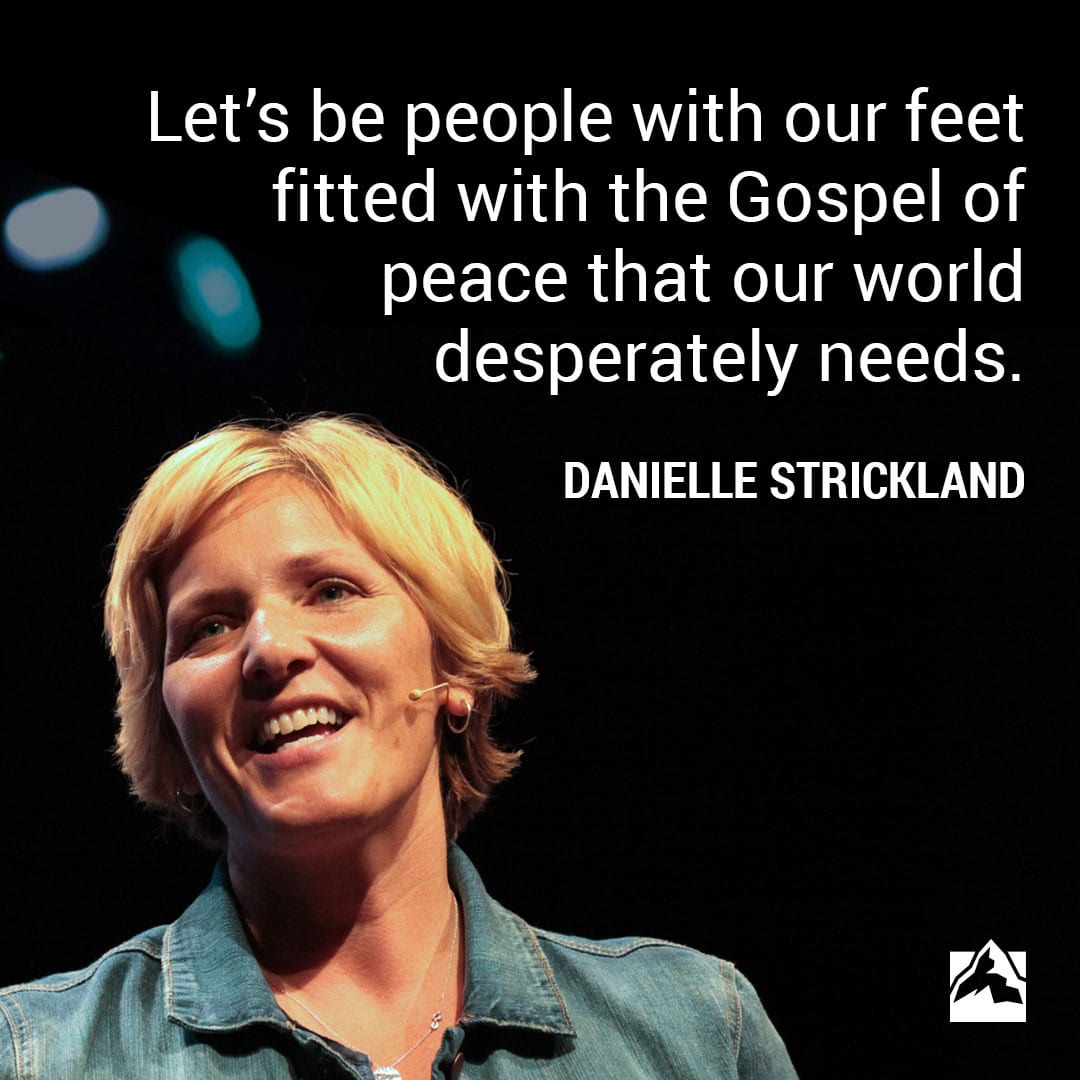
Let’s be people with our feet fitted with the Gospel of peace that our world desperately needs.

Let’s be people with our feet fitted with the Gospel of peace that our world desperately needs.
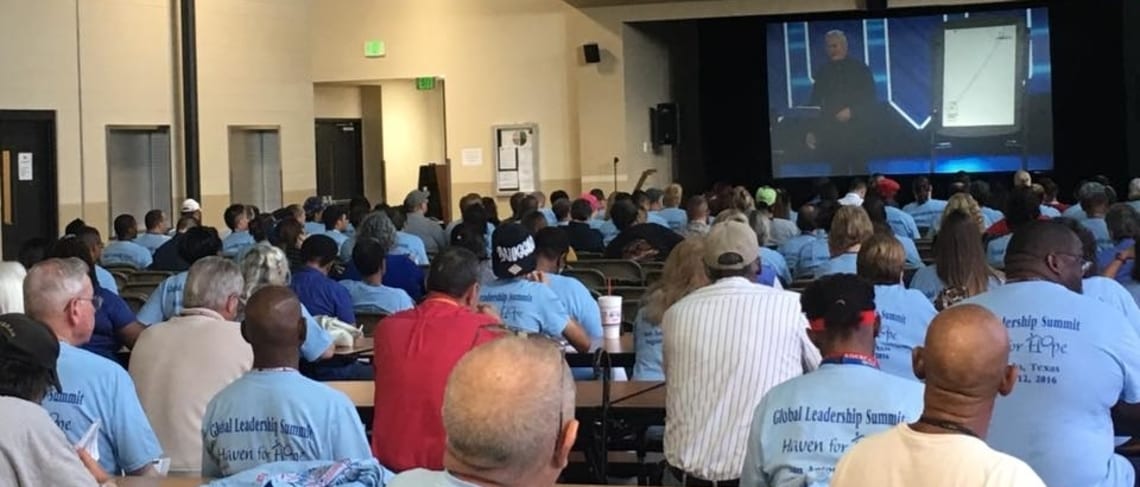
To some outsiders, the idea of hosting The Global Leadership Summit in a homeless shelter seemed like a waste of time. Some questioned the concept:
Despite lingering doubts from outsiders, the staff at Haven for Hope in San Antonio, Texas knew they were kindred spirits with the mission of the GLS. To their core, they believe in adding value to people, recognizing the power in empowering people to grow, change, learn and make a difference—no matter where they are in life. (Read more about Haven for Hope in part 1)
This means even a man or a woman experiencing homelessness has influence. They too can make an impact.
To the staff at Haven for Hope, the largest venture to transform homelessness in the US, bringing the GLS to the facility was a no-brainer. Having been to the GLS for several years, the staff was on board. It was only a matter of funds and connections to make it a reality.
Mike Sharrow, former pastor at Grace Point Church (a longtime GLS host site), and current CEO of The C12 Group, was just the guy to bring momentum to this idea. With a passion to leverage the GLS to connect leaders from church, business, non-profit and everything in between, while advancing the Kingdom of God and transforming his city of San Antonio, his response to the idea from an executive at Haven for Hope was natural.
“All people are created in the image of God,” Mike shares. “All people have influence and the capacity to lead where they are. I believed it would change lives at Haven, bring greater unity among those working and serving there, and also send a ‘disruptive’ message to the city.”
Bringing the GLS to Haven for Hope was no easy venture. But epic endeavors are rarely easy.
“There were endless potholes and curve-balls leading up to the event,” Mike explains. “But it was worth it! As business leaders in The C12 Group, we solve problems in business every day to help move a widget, make a buck and serve a customer.
“Why not solve problems to impact hundreds of people in our city who otherwise would never have access to this kind of encouragement and training?
“Social agencies have some of the most breathtaking missions in our world today. Often, shelters are the collaboration of numerous churches, non profits and city agencies working together on what can seem like an impossible mission. The leaders have monster visions and the staff are sold out for helping others. But typically, those organizations have little to no budget for things like leadership development.
What would happen if the leaders of these amazing institutions grew just 5% every year by experiencing the Summit?
“What would happen if the leaders of these amazing institutions grew just 5% every year by experiencing the Summit? And what if thousands of men and women were given a grander vision for what life could be like and tools for how they could begin to change the world right where they are, no matter their circumstance?”
The Global Leadership Network and The C12 group rallied together, raising thousands of dollars to sponsor the men and women at Haven for Hope to attend the first GLS in a homeless shelter. One business provided meals for both days. The staff and partners got involved. More than 300 members, staff and partners gathered together for the first time in the Haven of Hope facility for its first GLS.
“There is something powerful when everyone humbles themselves to learn together and be open to learning and becoming something better,” Mike shares. “There was incredible dignity and equality demonstrated in that room.”
Despite the positive energy in the room, there were still a few people who wondered about the merits of providing the GLS at Haven for Hope.
One person asked, “What do you think these people could ever get from this type of teaching? Isn’t it a waste?”
Mike told him he believed one day he would discover how men and women from this room were making a difference in San Antonio.
The fact that I’ve been invited to attend this says people must think I’m capable of doing more in my life…
Still doubtful, he asked someone from the crowd what he was getting out of the Summit. The man said,“Well, I was really impacted by the talk about the lenses we see people with. The fact that I’ve been invited to attend this says people must think I’m capable of doing more in my life… and I’m wondering what that will be.”
The man was humbled by this response, realizing the power of adding value to people, no matter where they are in life.
After attending the GLS, two of the residents felt led to become local pastors. As a result of how God used the Summit in their lives, they currently attend seminary full-time on scholarships.
What does it mean for you to embrace God’s call on your life, and influence those around you and the community you live in?
At the GLS, we believe everyone has value. We believe everyone has capacity to influence positive change in our world. This is why we will continue to bring the GLS to EVERYone who wants to grow in their leadership, and expand Kingdom impact.
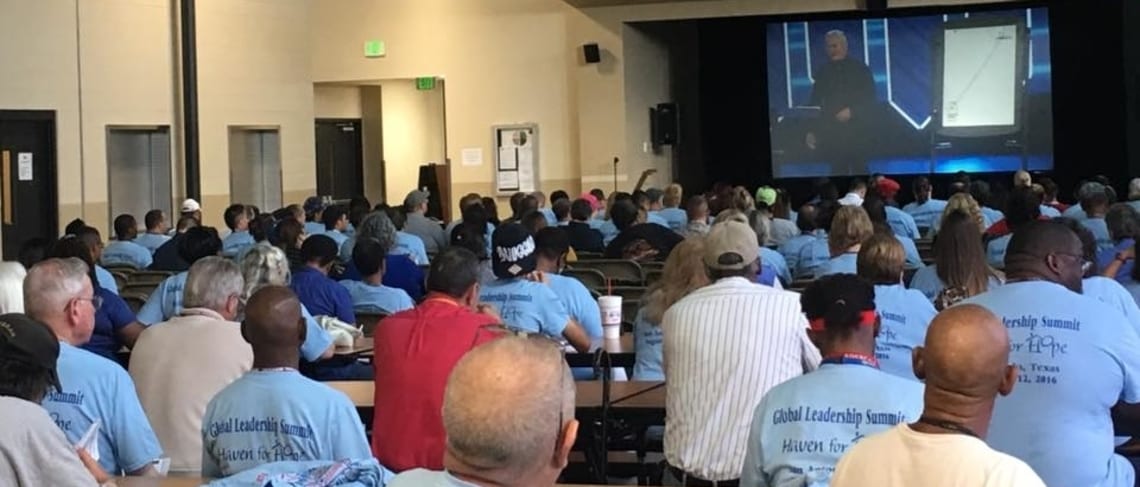
As a single mother who was laid off from her career in federal contracting, Melody McCrae knows the fear of an unexpected unemployment and an unknown future.
“No child dreams they are going to be homeless someday.”
She knows what it’s like to wonder how she is going to provide for her children. She knows what it’s like to fear what might happen if she were not able to find her a job. “My unemployment could have gone differently,” Melody shares. “What I realized, is that when it comes down to it, we are all just people.
“No child dreams they are going to be homeless someday. Everyone has experienced some level of trauma,” Melody continues. “For some, this trauma can alter the course of your life. Sadly, sometimes it means homelessness.”
Going through this fear prepared her for her current role as director of volunteer services at Haven for Hope, in San Antonio, Texas, the largest venture to transform homelessness in the country, and a model others try to replicate in other cities.
When Bill Greehy, founder of Haven for Hope, wanted to do something to make his city a better place, he networked with the mayor, city council and others, and did something no one else was doing. Bill knew without partnerships like this, the venture fails. He also knew they needed a people-focused approach across the board. And in 2010, after three years of construction, Haven for Hope opened its 22-acre, 280,000-square foot facility.
“Haven for Hope strives to be more than just a shelter,” Melody shares. “In partnership with both public and private sectors in the city, we offer comprehensive services to help people address the root causes of their homelessness.”
Three main factors make Haven for Hope stand out among the rest—adding value to people, partnerships and leadership development training. The staff at Haven for Hope has been attending the GLS for the last seven years, building up the foundation of their service and their partnerships. And adding value to people every step of the way.
Haven for Hope believes in adding value to people, recognizing the power in empowering people to grow, change, learn and make a difference. As kindred spirits with the GLS around this idea, Haven’s staff has grown in their ability to add value to people in the city of San Antonio, not just for those they serve, but also their partners across the city.
“Social agencies have some of the most breathtaking missions in our world today,” says Mike Sharrow, CEO of The C12 Group, and former Summit host site pastor. “Often, shelters are the collaboration of numerous churches, non profits and city agencies working together on what can seem like an impossible mission. The leaders have monster visions and the staff are sold out for helping others. But typically, those organizations have little to no budget for things like leadership development.
Through the GLS, Haven for Hope and its partners are strengthening their model, improving citywide engagement and sending a “disruptive” message to the city—that adding value to all people, no matter their circumstance, transforms San Antonio.
Haven for Hope stands out among all other homeless shelters because its model is not just partnership based, but also holistic in nature.
One of Haven’s core values is “radical compassion,” which means providing more than a safe place to sleep at night; it provides comprehensive services to “members” to address the root of their homelessness, and serve them where they are.
We are person-centered in our approach to service. We don’t refer to people as ‘homeless’, rather, they are individuals who are experiencing homelessness. They have value.
Haven of Hope understands that unless you address the root cause of homelessness, you won’t affect change. So, the organization addresses people as valuable individuals—members.
Yes, they’re referred as “members,” not “the homeless.”
“People are people first”, Melody reiterates. “We are person-centered in our approach to service. We don’t refer to people as ‘homeless’, rather, they are individuals who are experiencing homelessness. They have value. They have something to offer in transforming our city.”
In fact, 20 percent of the staff at Haven for Hope are alumni, offering peer services to other members who’ve gone through similar circumstances.
Since the GLS aligns with the values of the GLS so closely, Haven for Hope desired to bring the GLS to the entire shelter, offering it to their staff, partners and their members.
What happened as a result is awe inspiring. Read more about it in Part Two!
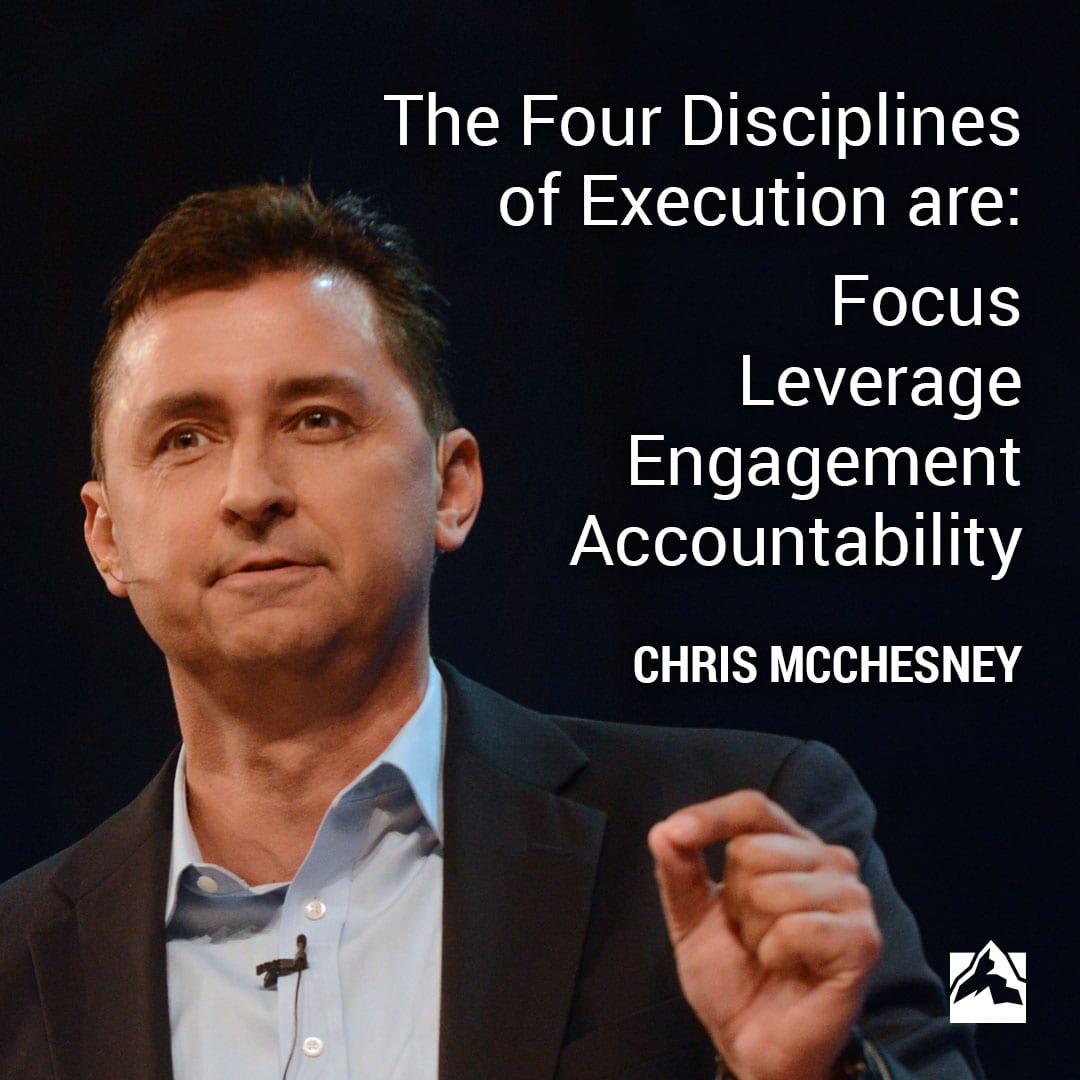
The Four Disciplines of Execution are: Focus, Leverage, Engagement, Accountability
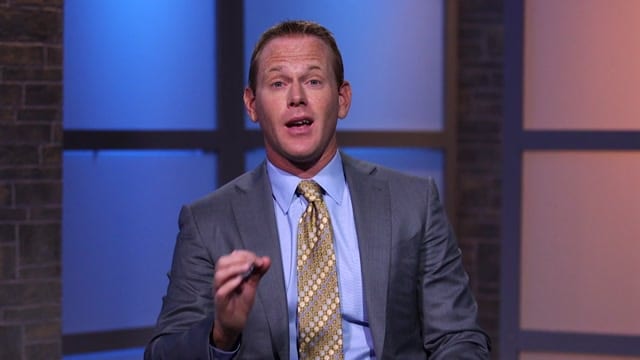
Unlike IQ, anyone can grow in their EQ. Travis Bradberry provides research based insight to some of the most common EQ mistakes made by leaders.
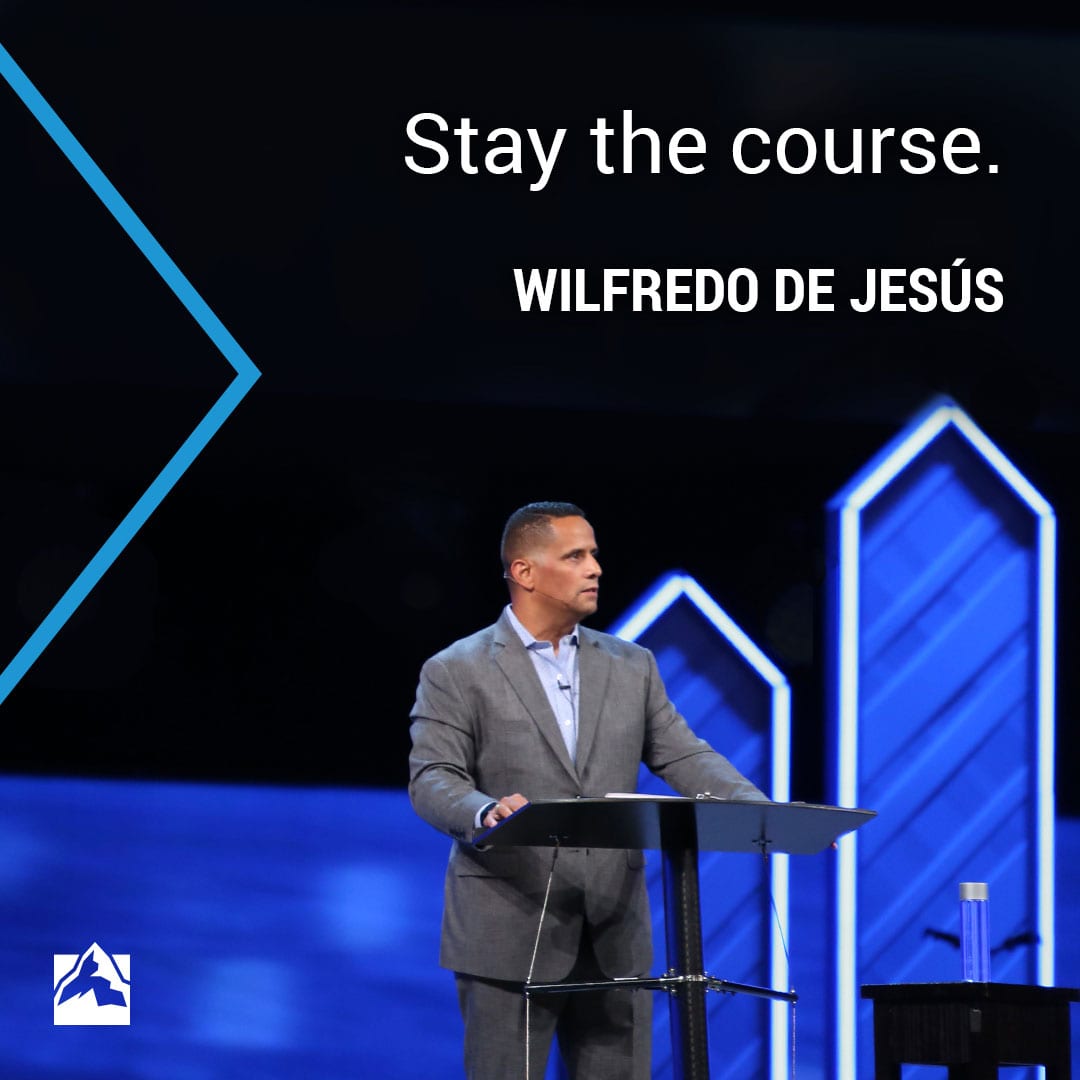
Stay the course.
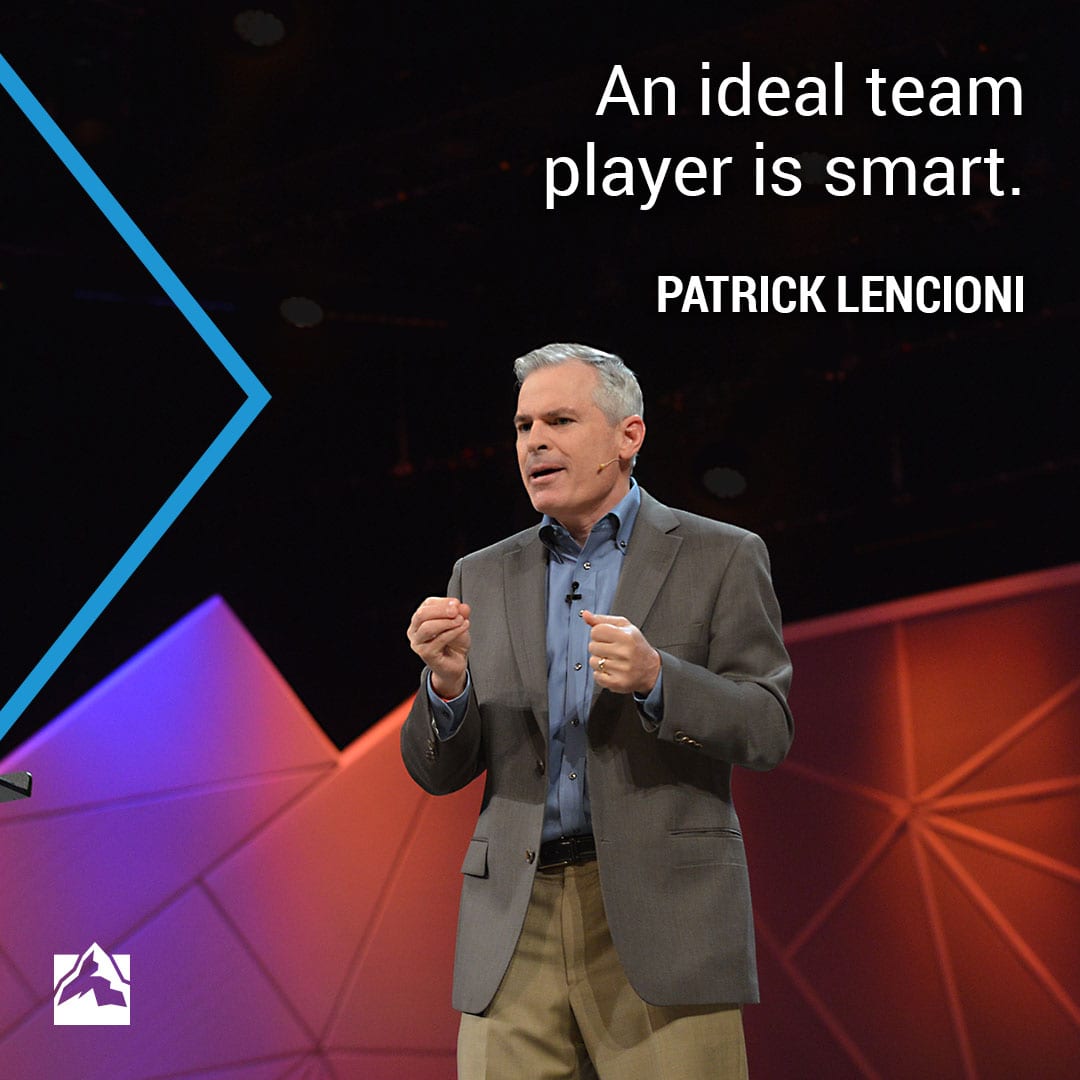
An ideal team player is smart.

Last summer, several violent and divisive incidents dominated the national news. A hate-motivated shooting at the Pulse Nightclub in Orlando, Florida, killed 49 people and wounded 53 others. These tragic deaths were followed by the killing of Philando Castile in St. Paul, Minnesota, (live streamed on Facebook) and the killing of five police officers in Dallas, Texas. Then three police officers were killed in Baton Rouge, Louisiana.
Keenly aware of the need for reconciliation, we visited two very different churches on the Sundays immediately following these events.
Imago Dei (Peoria, Illinois)
Pastor Charlie Dean spoke about the tragedy in Orlando and explained that this single incident encompassed many complex issues. He reminded us of the pain being experienced in Orlando and asked us to honestly share our experiences from the week. “
We were captivated as members stood and transparently shared their personal pain. A theme emerged: the Apostle Paul’s simple instruction, “Mourn with those who mourn.” (Romans 12:15) The issues were important but would take years to find resolution; so the church affirmed God loves all people and expects us to do the same.
Woodland Hills Church (St. Paul, Minnesota)
The city of St. Paul was in turmoil on the Sunday we visited Woodland Hills Church. Pastor Greg Boyd began by first acknowledging the need for policing in the community. He talked about the different conversations he would have one day with both his black and his white grandchildren. With powerful and personal words, he identified with and gave credibility to all sides of the difficult issues facing his community.
He then acknowledged that while civil law must assign guilt, citizens of God’s Kingdom are called to “love our neighbors,” even our enemies. As Christians, he insisted, our responsibility is to listen to everyone in a manner that will bring about healing and understanding. He pointed us to a simple truth, “Christ Jesus came into the world to save sinners—of whom I am the worst.” (1 Timothy 1:15) We were challenged to adopt this very humble perspective as our own.
Our experience in both these worship services continues to be a powerful reminder that treating every person with love, respect and dignity is the most effective way to begin to solve our most intractable problems.
These biblical values inform and inspire our Christian faith. And leading out of these values will help us forge a pathway to bride divides.
Values are never created in crises, but they often begin to form as a result. Never let a crisis pass by without asking if you have developed values that can be trusted to “get us through.” Values are created by what leaders say as well as what they do.
In both of these churches, it was obvious that the message of love and respect for all people was not new. The current racial tragedies provided an occasion to re-enforce the values that had been developed. This not only helped people in the time of crisis, it also served to deepen the values by demonstrating their power to heal and protect.
Values provide a secure foundation that allows people to think about problems with confidence. They understand what risks are acceptable to the organization and what solutions they can offer to “fix problems.” With a developed set of shared values, it is possible to solve difficult problems in meaningful ways.
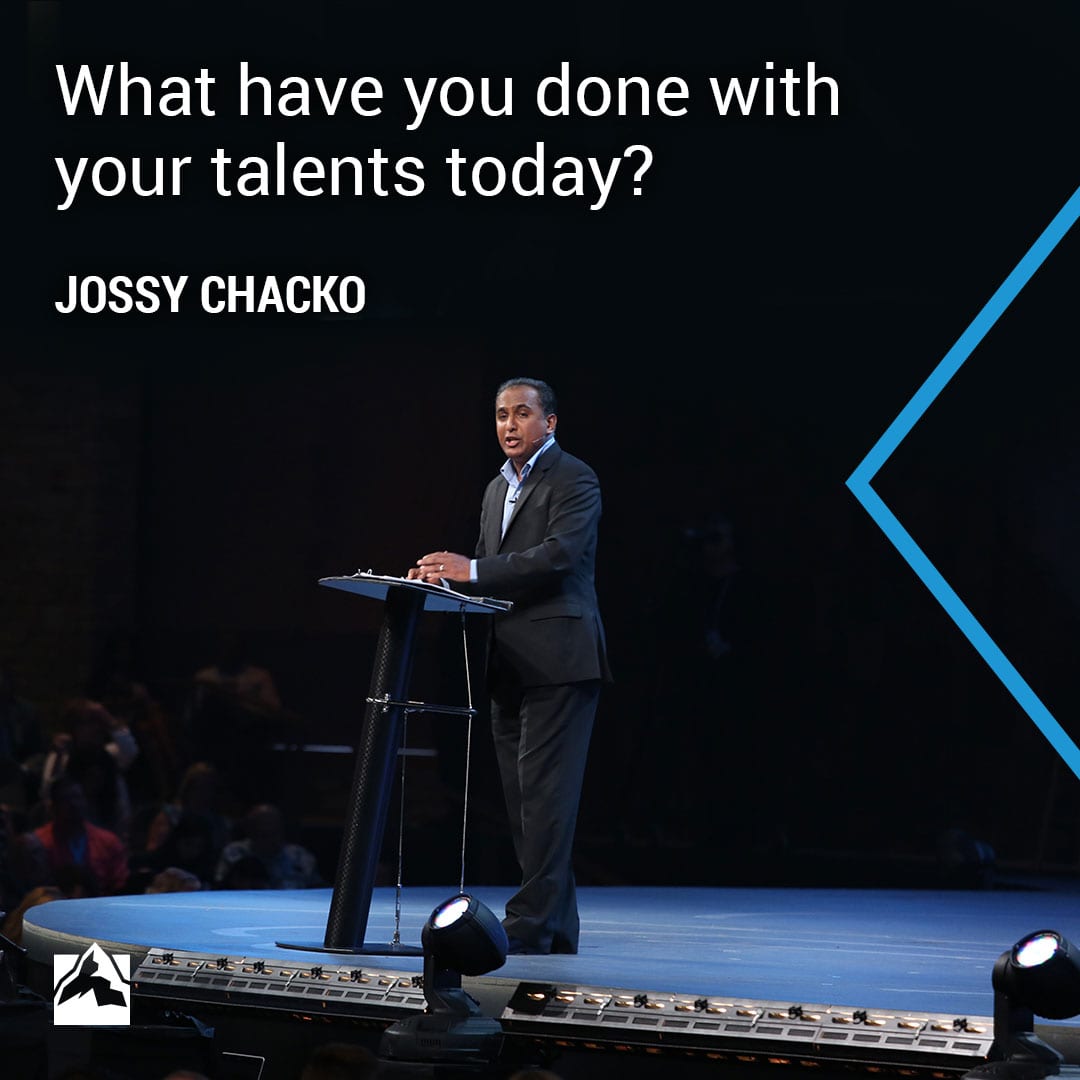
What have you done with your talents today.
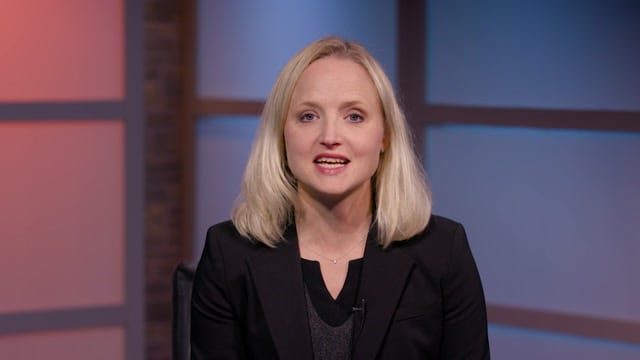
In this clip, Jenni Catron describes how leaders can begin gain clarity and define their cultures.
“We welcome and encourage comments on this site. There may be some instances where comments will need to be edited or removed, such as:
If you have any questions on the commenting policy, please let us know at heretoserve@globalleadership.org”
Recent Comments